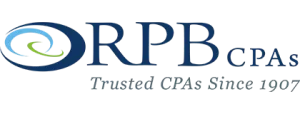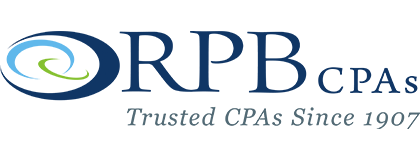How Safe and Sound is Your Information?
In today’s day and age it seems like there are more and more reports of personal information being compromised. More and more often people’s financial information is finding its way into the hands of criminals. As we move past last week’s National Security Awareness Week, we must continue to be diligent in making sure our information is safe just as much as we work to care for our personal safety.
Please consider these steps to protect yourself from identity thieves:
Keep Your Computer and Mobile Phone Secure
• Use security software and make sure it updates automatically; essential tools include:
• Firewall
• Virus/malware protection
• File encryption for sensitive data
• Treat your personal information like cash, don’t leave it lying around
• Use strong, unique passwords; consider a password manager
• Use 2-Factor Authentication
• Give personal information only over encrypted websites – look for “https” addresses
• Back up your files
Avoid Phishing Scams and Malware
Identity thieves use phishing emails to trick users into giving up passwords and other information. Don’t take the bait. Look for:
• Emails that pose as trusted source, i.e. bank, tax provider;
• Emails with an urgent message, i.e. update your account now!, with instructions to open a link or attachment
• Never download software or apps from pop-up advertising
• Talk to family about online security, both with computers and mobile devices
Protect Personal Information
•Don’t routinely carry documents with your or any dependents’ Social Security information.
•Do not overshare personal information on social media. Information about past addresses, a new car, a new home and even your children help identity thieves pose as you.
•Keep old tax returns and tax records under lock and key or encrypted if electronic. Shred tax documents before trashing.
•Avoid IRS Impersonators. The IRS will not call you with threats of jail or lawsuits. The IRS will not send you an unsolicited email
suggesting you have a refund or that you need to update your account. The IRS will not request any sensitive information online.
•Forward IRS-related scam emails to phishing@irs.gov. Report IRSimpersonation telephone calls at www.tigta.gov.
• Check your credit report annually; check your bank and credit card statements often.
• Review your Social Security Administration records annually: Sign up for My Social Security at www.ssa.gov.
• If you are an identity theft victim and your tax account is affected, review www.irs.gov/identitytheft for details.
Data security is an issue we take seriously at RPB . Your information is your information and making sure you have easy access to that information in a SECURE format is something we know is very important. For those taxpayer’s who can request an IP PIN, we suggest you consider doing so in order to better protect your IRS information. If your feeling a bit unsure about your current preparer let us help put that concern at ease. Contact us today, and let’s see how we can work together.




